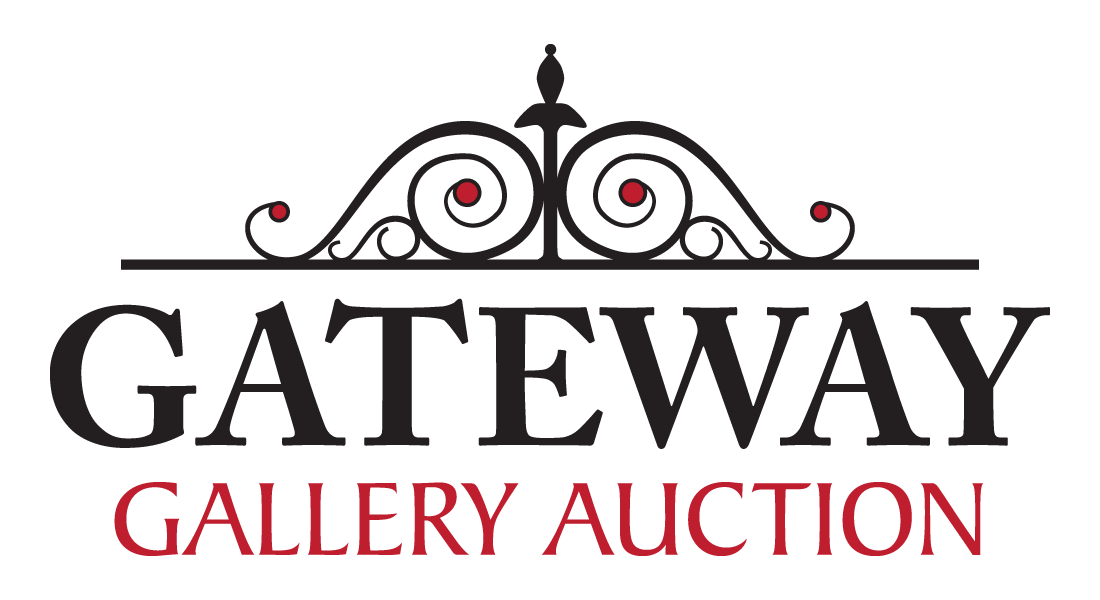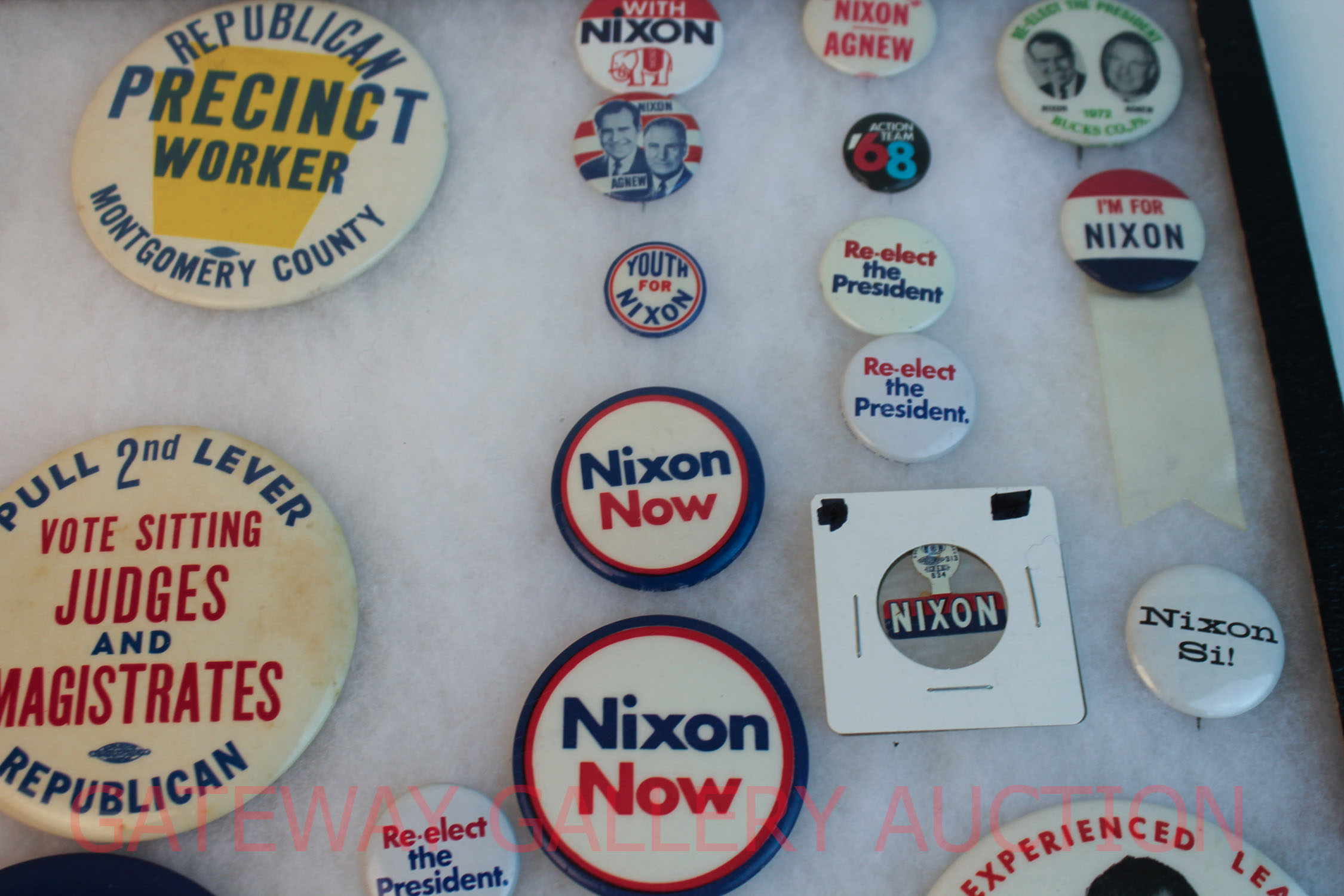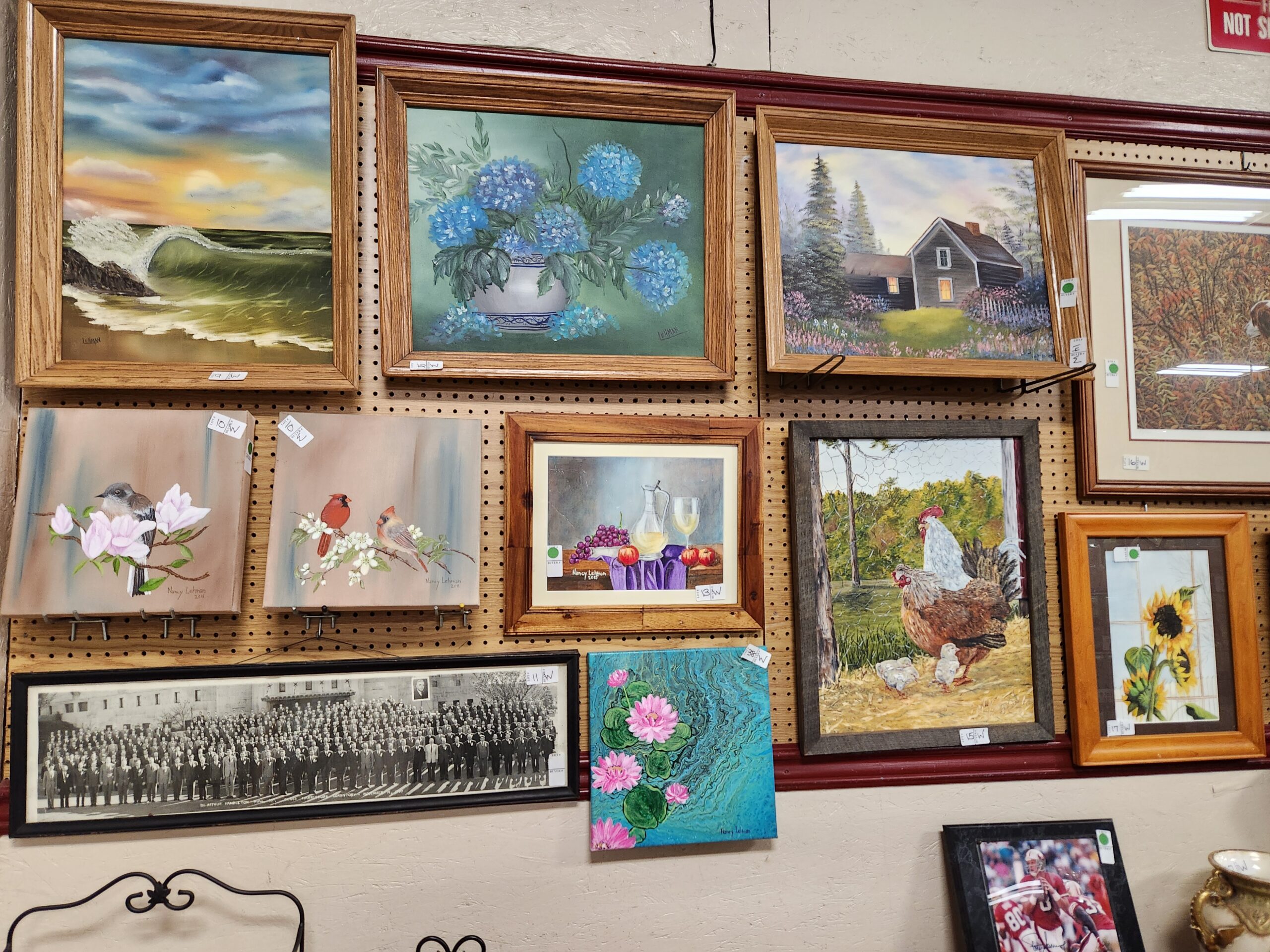In my line of work, I think I’ve just about heard it all. Recently, there’s been a lot of lamenting about “kids these days”; picture an old codger shaking a cane saying “damn kids don’t appreciate anything. You want things fast, cheap, and easy”. In the auction and antique business, this trend is serious. For us, it may mean a dwindling in the bidding and buying population. As the baby boomers continue to age, downsize, and retire will the next generation be interested in filling their shoes in the secondary marketplace? These questions weigh heavily on the minds of many industry professionals. On May 20th many of us came together in Richmond to address these concerns. It was great to see such a large group of colleagues come together and address the future of our industry.
Discussion centered on how the industry might engage a younger generation of buyers. Some in attendance had some constructive ideas on how to educate and invigorate new buying populations by appealing to their interests and tastes, as well as holding targeted events to get them in the door. Even Christie’s, it was pointed out, has been rolling out targeted ad campaigns aimed at a younger audience. There seems to be momentum to try to get dealers, auctions, and show promoters to embrace social media and other online outlets to reach a younger generation. However, other attendees were simply throwing up their hands, unwilling to engage or adapt; instead decrying the “fact” that the younger generation doesn’t appreciate the historical significance of antiques and isn’t interested in collecting – so why bother to reach them at all? This view is short sighted. As a member of the millennial generation, we may not be collecting now, but that doesn’t mean we won’t in the future. My generation is a highly mobile group, whose buying power has been stunted by an economic downturn and heavy student loan debt. As a result, we are a generation who rents and buys cheap disposable things we can easily leave behind and start over; but this will always be the case.
We talked at great length about being a “launch window” or a jumping off point for interest in the industry. While your show, auction, or booth may not see immediate monetary gains, perhaps a young person’s visit will spark in them a deeper interest in antiques and collecting, hence a “launch window”, which they will then nurture once they have the ability to do so.
What became clear is that our industry must find a way to become relevant to the next generation of buyers. We need to be able to compete in the market place of instant gratification or we run the risk of becoming extinct. To that end, the Richmond group proposed a national organization to oversee and promote the interests of dealers and show promoters in hopes of bolstering interest and support from younger generations. This is certainly an ambitious task and I question if this is the silver bullet cure all. Many organizations already exist for the conservation and preservation of history and historical artifacts; as well as to promote the interest of dealers and antique shows. I welcome the chance for cross industry collaboration; but question how putting a logo on your website or production materials will alter the course we are on. Instead, let’s embrace the opportunity to network with each other and share experiences – what’s working and what isn’t and where we are seeing results.
By posting interesting and relevant content on Facebook and Twitter, we have seen a strong uptick in younger demographics when we post. We have been making preview and educational videos which has also gotten a largely positive response. These are just small steps we have been taking to increase our buying population, but they have paid off. We always welcome suggestions from our colleagues. It’s important to share our successes in increasing interest in our beloved industry.
I appreciated being part of the Antiques Summit in Richmond. I hope to nurture the connections I made and make a positive impact on the industry as an ambassador for my generation.
Lee Kalfon Brouwer






